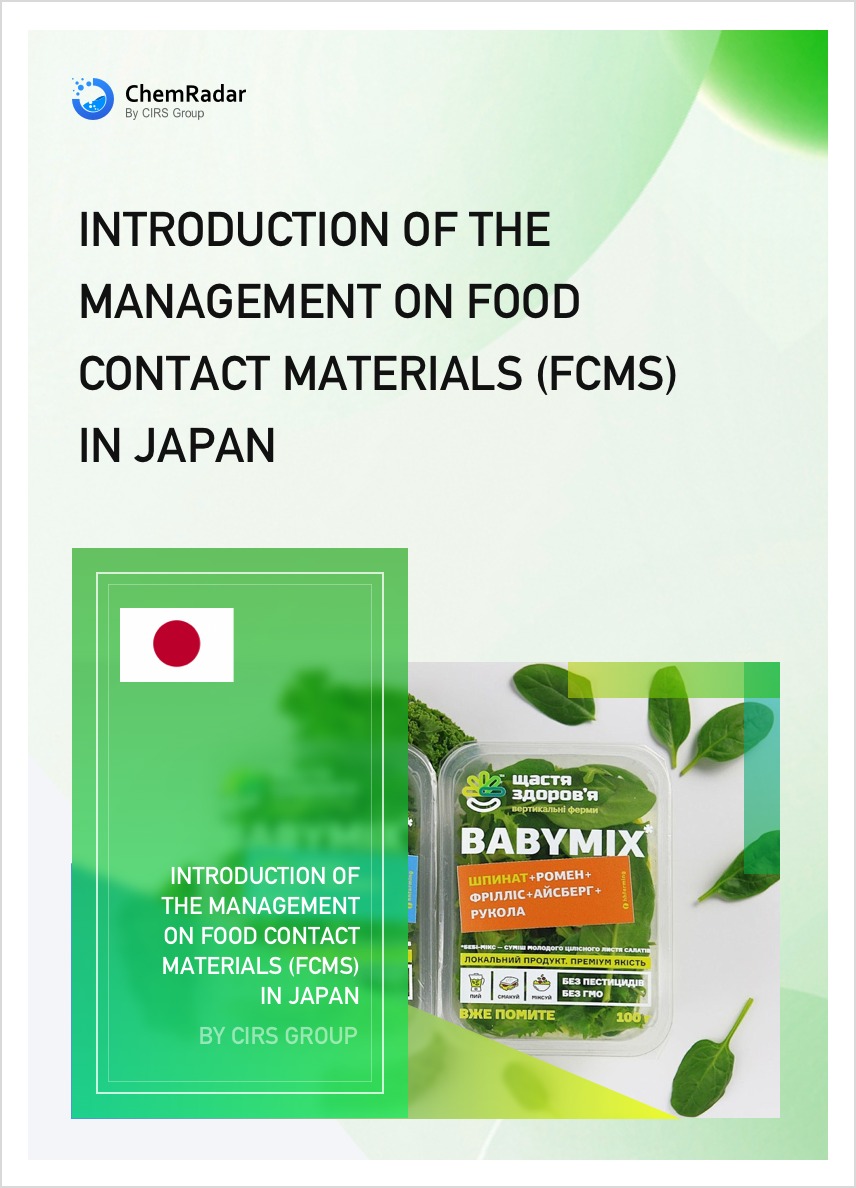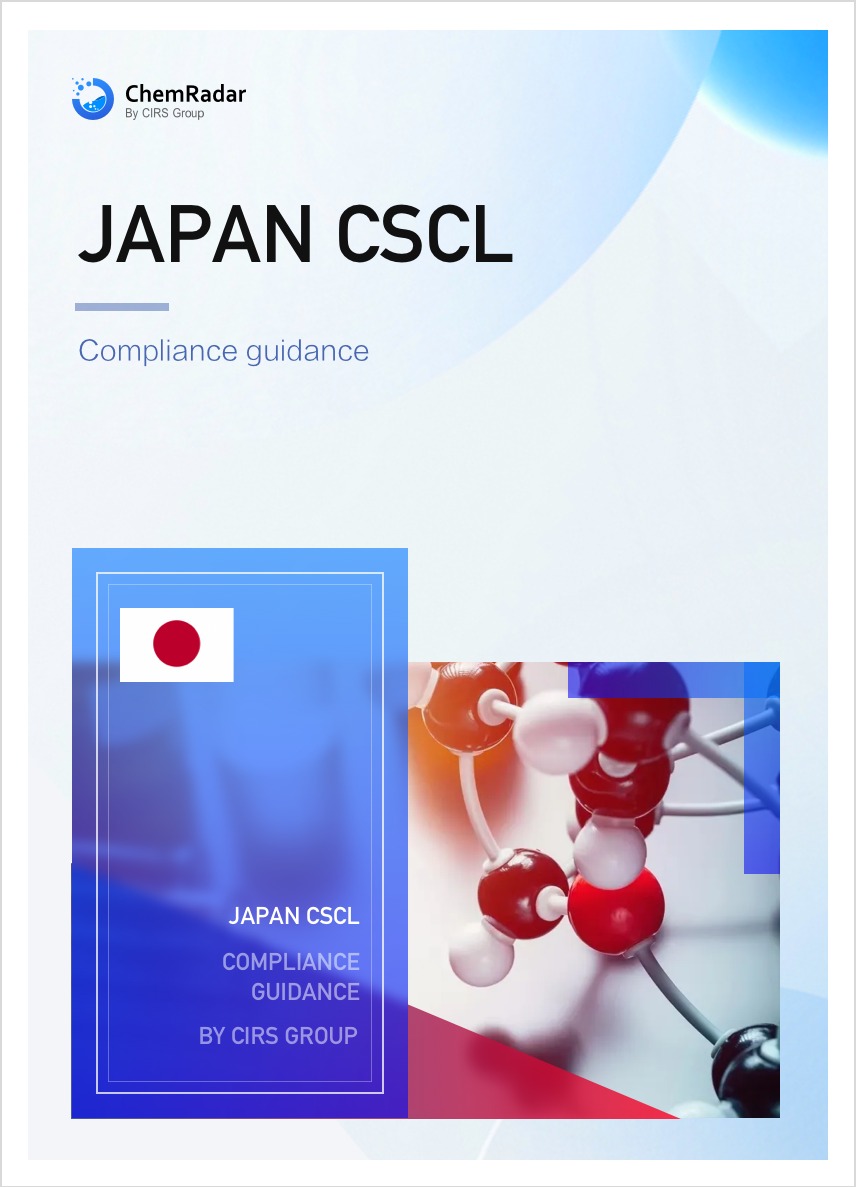In order to reduce the potential health risks of per- and polyfluoroalkyl substances (PFAS) in drinking water, the government of Japan announced plans to introduce new PFAS regulations for drinking water in the spring of next year. This decision is based on the nation's first survey of perfluorooctane sulfonic acid (PFOS) and perfluorooctanoic acid (PFOA) levels, which revealed that the concentrations of PFOA and PFOS in a water treatment facility in Okayama Prefecture were up to 28 times higher than national standards.
PFOS and PFOA are known for their chemical stability and non-volatility, which allows them to persist in the environment for long periods and migrate into water bodies. Although Japan has essentially banned the production and import of these substances, their thermal stability and chemical resistance have led to their widespread use in various industries, such as firefighting foams, textiles, and electronic substrates. Given the extensive use of PFOS and PFOA, the Japanese industrial sector recently requested an extension on the implementation of the ban on PFOA.
In response to the persistence and potential health risks of these substances, the government set a target value of no more than 50 nanograms per liter for the total of PFOS and PFOA in drinking water, which will be included in water quality management goals. The same target values were also set for PFOS and PFOA in public water bodies and groundwater. Assuming a person weighing 50 kilograms drinks 2 liters of water per day for life, as long as the PFAS concentration is below this level, it will not adversely affect human health.
Currently, under Japan's Water Supply Act, PFAS testing by water suppliers is voluntary, but the number of tests has increased annually since the survey began. The Ministry of Land, Infrastructure, Transport and Tourism (MLIT) and the Ministry of the Environment (MOE) stated that they will continue to encourage testing and will use these results to consider the target values for tap water quality. Due to elevated PFAS levels, some water treatment plants had to switch to alternative water sources or cease operations.
With the growing severity of the PFAS issue, this new regulation by the Japanese government aims to further protect public health, reduce environmental pollution, and promote water safety.



